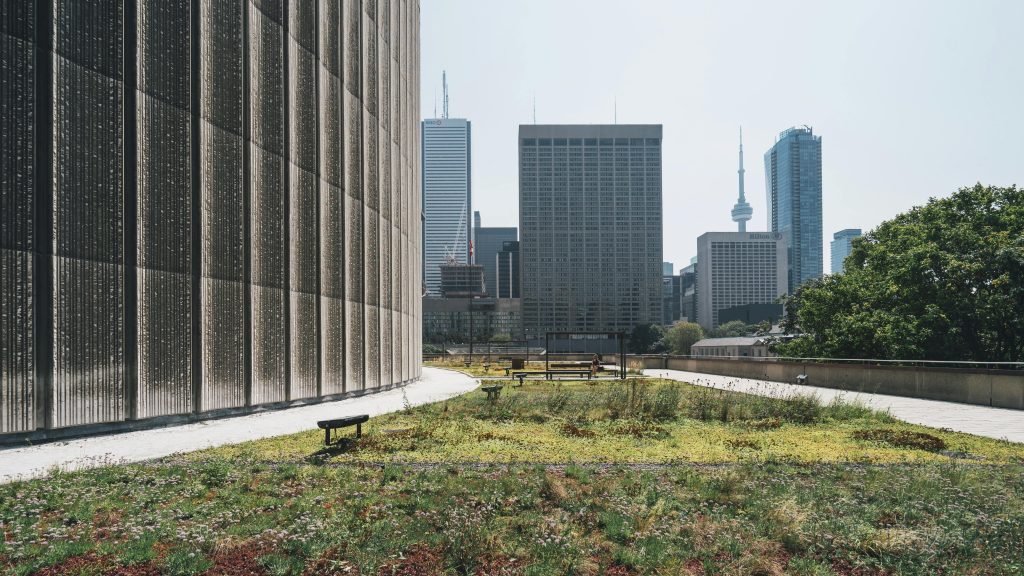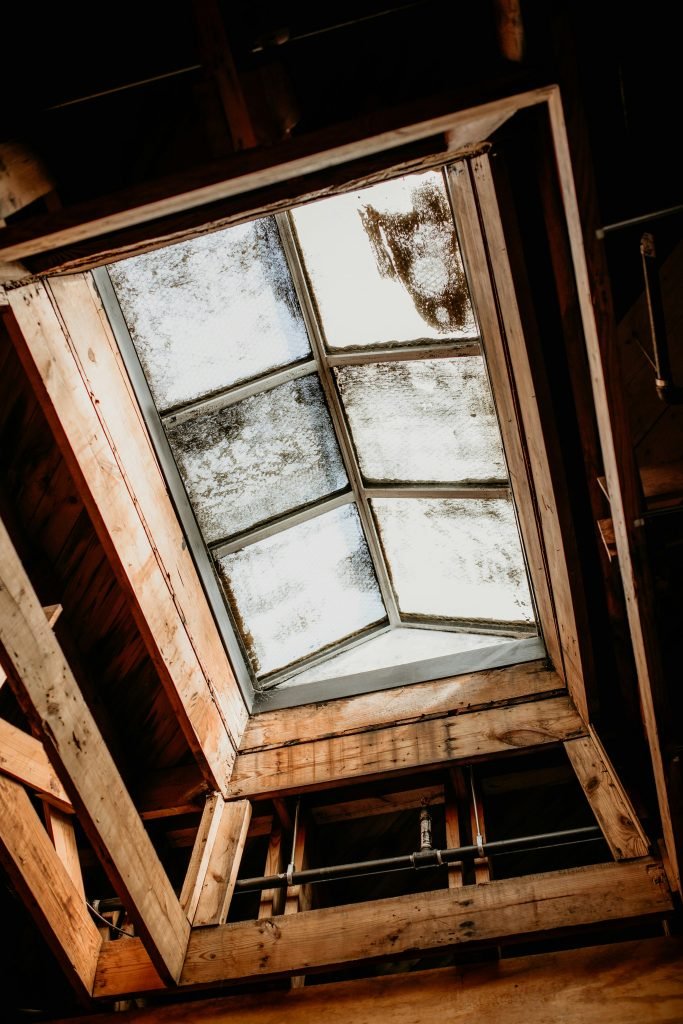Have you ever wondered how small changes around your home could lead to significant savings on your energy bills while also helping the environment? Energy efficiency is not just a buzzword; it’s a practical approach to reducing your energy consumption, saving money, and creating a more comfortable living space. Let’s look at some straightforward and effective ways you can make your home more energy-efficient.

This image is property of images.pexels.com.
Understand Your Current Energy Usage
Before you can improve your energy efficiency, it’s vital to understand how much energy your home currently uses. This can guide your efforts and help you see where you can make changes.
Review Your Energy Bills
Start by examining your energy bills. Look for patterns in your usage throughout the year. Are there certain months when your energy consumption spikes? Understanding your typical usage can help identify areas where you might improve efficiency.
Conduct an Energy Audit
Consider performing an energy audit. This could be done by a professional or even as a DIY project. An energy audit will help pinpoint areas where you’re losing energy, such as drafts, inefficient appliances, or outdated heating and cooling systems.
Insulation Matters
Proper insulation is one of the most effective ways to make your home energy-efficient. Insulation helps keep your home warm in the winter and cool in the summer, reducing the need for heating and cooling.
Attic Insulation
Check your attic insulation first. A well-insulated attic can reduce your heating bills significantly. In fact, up to 25% of your home’s heat can escape through an inadequately insulated attic. If necessary, add more insulation, making sure it meets the recommended R-value for your area.
Wall Insulation
Don’t overlook the walls. Insulating your exterior walls can prevent heat loss during colder months and keep your home cooler during summertime. You can add insulation during renovations or installation of new siding.
Floor Insulation
If you have a crawl space or an unfinished basement, insulate the floors above these spaces. This impedes the flow of cold air and makes a noticeable difference in your comfort level.
Upgrade Your Windows
Windows are a common source of heat loss in many homes. Upgrading them can be a worthwhile investment for energy efficiency.
Install Energy-Efficient Windows
Consider replacing old windows with energy-efficient models. Look for double-pane or triple-pane windows, which reduce heat transfer and can significantly cut heating and cooling costs.
Use Window Treatments
If new windows are not in your budget, consider adding window treatments like shades or blinds. These can help control heat gain in the summer and retain warmth in the winter.
Seal and Caulk
Even with the best windows, air leaks can defeat the purpose of energy efficiency. Check for gaps around windows and doors, and use caulk or weatherstripping to seal them effectively.
Efficient Heating and Cooling Systems
Your heating and cooling systems have a major impact on your home’s energy efficiency. Upgrading or maintaining these systems can lead to substantial savings.
Maintain Your HVAC System
Keep your heating and cooling systems in top shape by scheduling regular maintenance. Replacing filters, cleaning ducts, and checking for leaks can improve efficiency and extend the lifespan of your system.
Invest in a Programmable Thermostat
A programmable thermostat allows you to set different temperatures for various times of the day. You can program it to reduce heating or cooling while you’re away, ensuring you’re not wasting energy on an empty home.
Upgrade to Energy-Efficient Units
If your HVAC system is older, consider upgrading to an Energy Star-rated system. Though the initial investment is higher, the potential savings on energy bills could pay off in the long run.

This image is property of images.pexels.com.
Energy-Efficient Appliances
Older appliances can use significantly more energy than newer, energy-efficient models. This could be an area where you can make quick improvements.
Look for Energy Star Labels
When buying new appliances, look for the Energy Star label. These products are designed to use less energy than standard models without sacrificing performance.
Replace Old Refrigerators and Washers
Refrigerators, washers, and dryers are notorious for their energy consumption. If your appliances are old and inefficient, replacing them with energy-efficient models can lead to substantial savings on your utility bills.
Use Smart Power Strips
Many devices draw power even when turned off, leading to “phantom” energy usage. Smart power strips can help cut off power to these devices, reducing overall energy consumption.
Optimize Lighting
Lighting may seem like a small part of your energy consumption, but making some changes can lead to significant savings.
Switch to LED Bulbs
Replace incandescent and even compact fluorescent bulbs with LED lighting. LEDs use up to 80% less energy and last much longer, making them a smart choice for any home.
Utilize Natural Light
Take advantage of natural light as much as possible. Open curtains during the day to let in sunlight and reduce the need for artificial lighting.
Install Dimmers and Timers
Using dimmer switches can help you control the brightness of your lights based on your needs, reducing energy usage. Adding timers can help turn lights off when not in use or at specific times of the day.

This image is property of images.pexels.com.
Water Efficiency
Your home’s water usage also impacts energy consumption, especially if you still rely on traditional water heaters.
Invest in Low-Flow Fixtures
Consider installing low-flow showerheads and faucets. These fixtures can significantly reduce your water usage without sacrificing performance.
Insulate Water Pipes
Insulating your hot water pipes can help maintain the water temperature, meaning your heater doesn’t have to work as hard to maintain heat. This not only saves energy but also provides quicker hot water at the tap.
Upgrade to an Energy-Efficient Water Heater
If your water heater is old, consider replacing it with a more efficient model. Tankless water heaters can provide hot water on demand without the energy loss associated with traditional tank models.
Smart Home Technology
Incorporating smart technology into your home can enhance your energy efficiency significantly.
Smart Thermostats
A smart thermostat can learn your habits and adjust the temperature accordingly, optimizing energy use without sacrificing comfort.
Smart Lighting Systems
Control your home’s lighting through a smart system that allows you to schedule lights or control them remotely, ensuring they aren’t draining energy when not needed.
Monitor Energy Usage
Many smart home devices allow you to monitor your energy usage in real-time. This visibility can encourage you to make changes, such as turning off unused devices or adjusting your thermostat.
Engaging in Renewable Energy
Consider alternative energy sources to enhance your home’s efficiency further.
Solar Panels
If your home is suited to it, investing in solar panels can provide a sustainable energy source. They can lower your electricity bills and may even allow you to sell energy back to the grid.
Wind Turbines
For those living in windy areas, small wind turbines can be an alternative source of renewable energy. These can supplement your energy needs, reducing reliance on non-renewable sources.
Look into Community Programs
Many communities offer initiatives or programs for renewable energy. Check if there are local incentives or resources available that support home energy efficiency upgrades.
Behavioral Changes
Sometimes, energy efficiency is about changing daily habits rather than costly upgrades.
Turn Off Lights and Electronics
Get into the habit of turning off lights and unplugging electronics when they’re not in use. This small habit can lead to significant energy savings over time.
Reduce Laundry Load and Usage
Only run your dishwasher and washing machine with full loads and consider air-drying clothes when possible. Both actions can save energy and water.
Be Mindful of Temperature Settings
Adjusting the thermostat even a couple of degrees can have a substantial impact on energy use. In cooler months, dress warmly at home instead of cranking up the heat; in summertime, consider using fans alongside, or instead of, the air conditioning.
Create an Energy-Efficient Outdoor Environment
Energy efficiency doesn’t stop inside your home; it extends to your outdoor spaces as well.
Plant Shade Trees
Consider planting trees that provide shade to your house during warmer months, reducing the need for air conditioning. Strategically placed trees can block sunlight and keep your home cool.
Install Outdoor Lighting Wisely
Use energy-efficient outdoor lighting or install solar lights. This can enhance security while minimizing energy consumption.
Maintain Your Yard
Regular lawn maintenance can promote healthy growth and reduce water usage. Consider xeriscaping, or using drought-resistant plants, to make your yard more eco-friendly.
Financial Considerations
Making your home more energy-efficient often requires an upfront investment, but many programs and incentives can assist you.
Research Tax Credits and Rebates
Many local and federal programs offer tax credits or rebates for energy-efficient upgrades. Research these options as they can help offset costs and improve your return on investment.
Calculate Long-Term Savings
While initial costs may seem high, the long-term savings on energy bills can be substantial. Make sure to calculate these potential savings to help justify the investment.
Plan for Incremental Improvements
You don’t have to make all upgrades at once. Consider creating a plan to gradually implement these changes over time, spreading costs out and managing your budget effectively.
Conclusion: Your Path to Energy Efficiency
Making your home more energy-efficient is not only good for your wallet but also beneficial for the planet. By assessing your energy usage, upgrading systems and appliances, and changing daily habits, you can create a more sustainable living environment. Small steps can lead to significant savings, ultimately providing a more comfortable home and a healthier planet.
Isn’t it rewarding to know that your actions can have a positive impact? From minor changes to major investments, every bit helps. If you take the time to implement these strategies, you will likely find the process enlightening—and perhaps even fun! Feel empowered to make these adjustments, knowing they’ll enhance your home and contribute positively to the environment.




